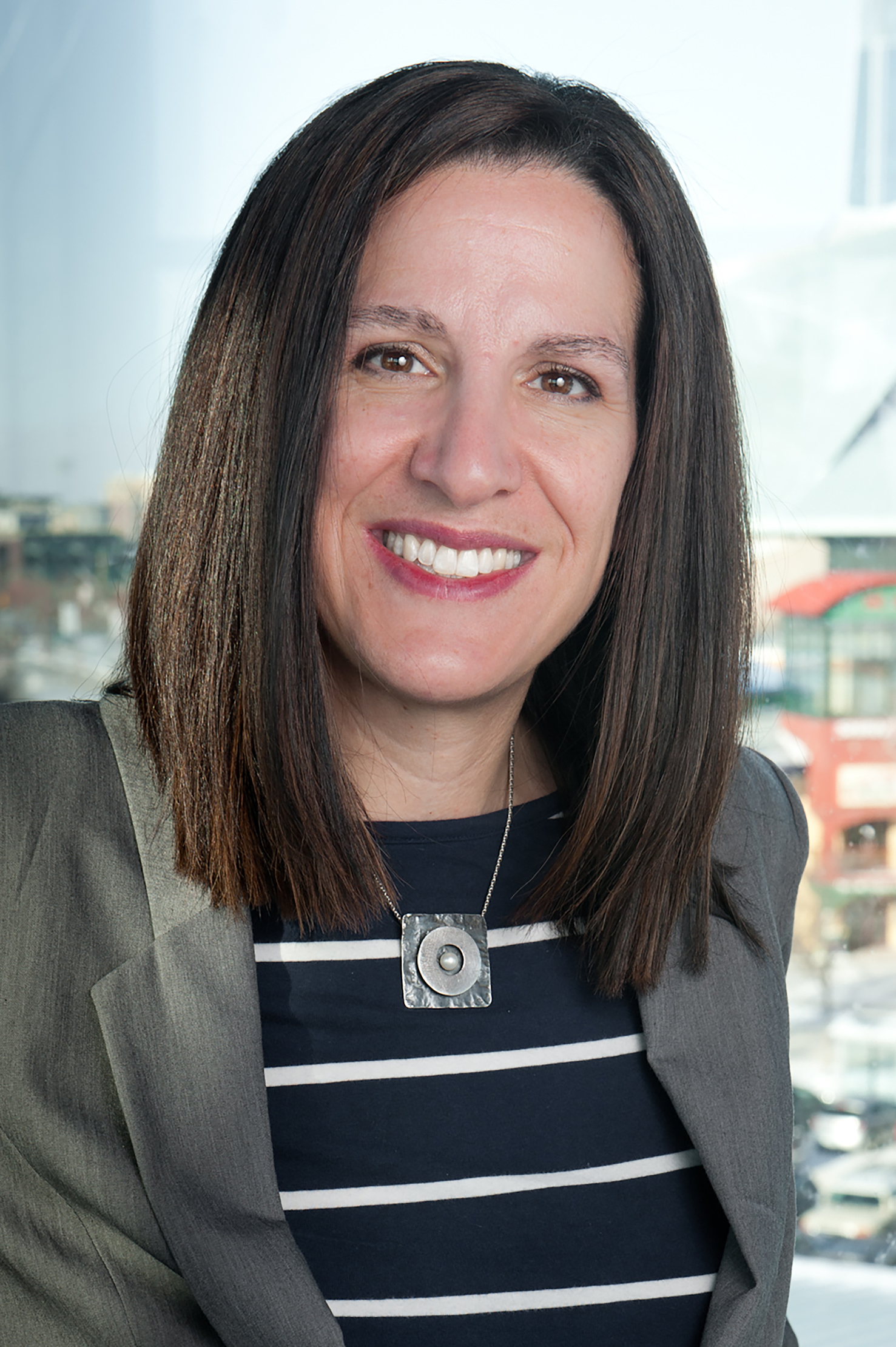To say the 2020 fall semester has looked different for students at the University of Manitoba would be an understatement.
For Bison athletes, the oddities extend past academics. With the Canada West and U-Sports decision to cancel fall and winter championships due to safety concerns from the COVID-19 pandemic, many student athletes’ goals for this year have been shelved for the foreseeable future.
Sports facilities have been shut down as well. Not only does this prevent athletes from practicing and working out, but it also is a major disruption in the routines and lifestyles of Bison athletes.
Thankfully, there are professionals to help athletes conquer the mental health challenges athletes face.
One of these individuals is Adrienne Leslie-Toogood. The licensed psychologist is the director of sports psychology at the Canadian Sports Centre of Manitoba and an adjunct professor in psychology at the U of M. Leslie-Toogood often works with college and Olympic athletes to help sharpen their mental game and find success in their sport.
With the COVID-19 pandemic affecting the lives of all Manitobans, Leslie-Toogood highlights the unique difficulties student athletes faced at the beginning of the pandemic.
“I think all athletes are impacted differently depending on their sport, their year they’re in, etcetera,” said Leslie-Toogood.
“A great example from a Bison sports perspective would be the men’s volleyball team who were positioned to have nationals hosted locally, and you know that tournament was then canceled at the last minute,” she said.
The closure of fitness facilities has made it difficult for athletes to find a way to maintain their fitness level and work on their skills. Leslie-Toogood explains the impact of not being able to partake in one’s sport.
“By the time someone becomes a university athlete, they’ve really dedicated a lot of their life to it and a lot of their energy,” Leslie-Toogood said.
“It’s something they are pretty passionate about, and […] to take that away is a really big deal.”
“I think as well, athletes are learning to strive in other ways, because if you are an athlete at that level, you really are built a bit differently than a lot of people in terms of your competitiveness and your fire, and desires and drive, and when you take that away they are maybe figuring out how to utilize that in other spaces or ways,” she added.
Outside of the sports world, student athletes are also trying to tackle online school at home. Leslie-Toogood illustrated how Bison athletes may handle academics without athletics in their daily routine.
“There is such a range in terms of what online learning looks like, and it is a lot to manage […] for some athletes, they may be immersing themselves more in academics now because they have more time and energy, and for other athletes, if they are feeling down about the sports stuff it might negatively impact it,” she said.
With the winter break approaching, Bison athletes continue their studies amidst the COVID-19 pandemic, waiting for an eventual return to sport.
As athletes wait patiently, Leslie-Toogood offered strategies to stay mentally healthy and some words of encouragement from herself and a Canadian legend.
“When the Olympics were cancelled, Chris Hadfield from the Canadian Olympic committee came to talk to us,” she said.
“He said a lot that resonated, that everything is different right now and, if you are an athlete at this level to get there you became an expert in what you needed to try to be successful, you need to take that same skillset and learn what you need to be successful right now.”
As the code red restrictions continue, Leslie-Toogood emphasized the importance of having conversations during the pandemic about mental health, regardless of if you are an athlete or not.
“You have to do what you need to do to stay well and pay attention to who you are, and don’t hesitate to ask people when they can be of any assistance to you during this time.”


